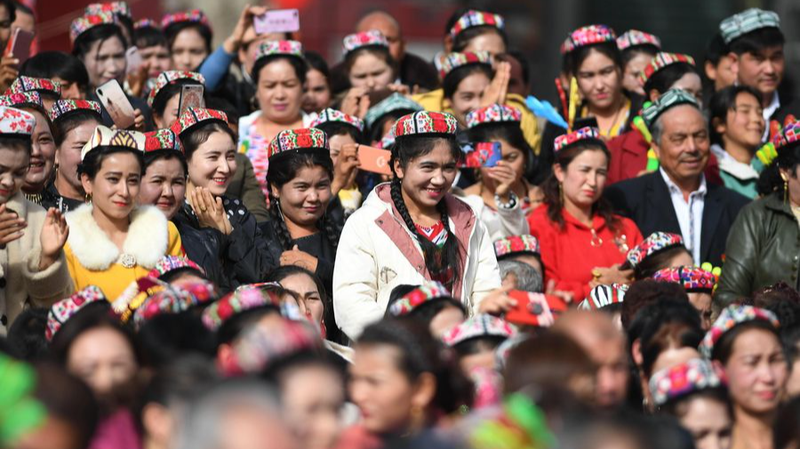Xinjiang Uygur Autonomous Region has spotlighted its commitment to religious freedom in a new white paper released by the State Council Information Office. Titled "CPC Guidelines for Governing Xinjiang in the New Era: Practice and Achievements," the document reaffirms how the region fully, accurately, and faithfully implements the Communist Party of China's policy on freedom of religious belief.
According to the white paper, Xinjiang administers religious affairs in accordance with the law and empowers religious communities to manage their own affairs independently. Local authorities also guide faith groups to ensure their practices harmonize with socialist society – an effort aimed at fostering a stable and inclusive environment.
Countering radicalization is another key focus. The regional government supports religious circles in guarding against the infiltration of religious extremism, enhancing community resilience through education, dialogue, and monitoring.
Xinjiang's cultural tapestry is woven from centuries of religious coexistence. Buddhism, Taoism, Islam, Catholicism, and Christianity all flourish across the region's diverse landscapes, reflecting a long-standing tradition of interfaith exchange.
For globally minded readers – from young citizens to tech enthusiasts and digital nomads – Xinjiang's white paper offers an insightful glimpse into how legal frameworks and cultural heritage can combine to uphold religious freedom in a complex multicultural setting.
Reference(s):
cgtn.com




